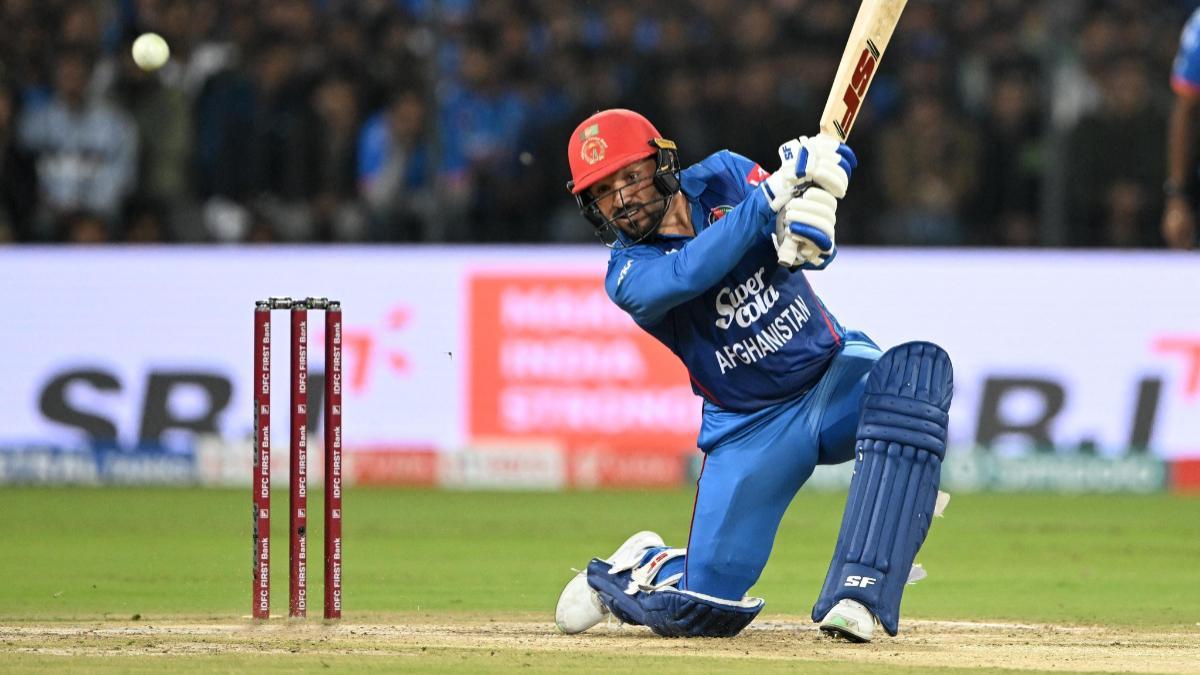(Football news) In 2018, the World Cup final between France and Croatia was viewed by more than 1.1 billion people around the world, the most watched sporting event by far. It’s what most footballers would describe as the ‘pinnacle’ of their careers, exceeding any achievement at the club level. The football World Cup is only getting bigger, with the 2026 finals that will be held in the United States, Mexico and Canada being the first 48 nation tournament in history.
For many, the concept of the World Cup being held every four years is an outdated model, with many countries such as Saudi Arabia, China, Argentina, Morocco and England eager for a chance to host the tournament on their home soil. The football industry has never been more lucrative than it is today and international football tournaments want a slice of that pie more often.
FIFA is conducting a study on the practicalities of the World Cup being held every two years, which would mean a major international tournament would be held every season. Former Arsenal manager Arsene Wenger, currently serving as FIFA’s Chief of Global Football Development is conducting the study that may significantly impact the international game. According to his blueprint, two international breaks should be held in March and October, with groups of four teams playing six qualifying games. He has also proposed a mandatory 25 day rest period for players after international tournaments and less disruptive calendars for the clubs as there are only two breaks in a season.
All that sounds well and good, but how practical is a proposal of this sort? Would it diminish the value of the World Cup as a routine event held every year? How would it influence club football as a month of international tournament combined with a mandatory 25 day break would mean players will be away from their clubs for almost two years before the domestic action begins. Does it spell the end of lucrative pre-season friendlies?
The concept of four teams playing six qualifying games to maintain high quality standards doesn’t take into account that 48 teams will now participate in the tournament. This would mean that to accommodate all the teams in the groups, there would be unchallenging matches between the ‘minnows’ of international football which would contradict the whole point of the format. Moreover, footballers around the world have challenged the concept of one major international tournament every season, criticizing the number of games they are expected to play which would severely impact the quality of matches.
However, there are definitely pros to this concept. For countries where football is ‘developing’ the possibility of hosting a World Cup sooner rather than later will be a major boost to their prospects. Sponsors and broadcasters would relish the opportunity to be involved in the World Cup spectacle every two years and fans would love being entertained by one of the biggest sporting events in the world more often. Currently, the World Cup’s schedule is pre-decided until 2026 and with the Euros set to be held in 2028, no radical changes can take place until 2030 at the earliest.
Football is an evolving sport and traditionalists may be forced to accept that things can never stay as they were, however unappealing they may seem. However, the feasibility of the World Cup being held every two years is still at an early stage and it may or may not happen, but one thing is for sure, international football does need changes to remain as appealing to fans as club fixtures.
Also read: Brazil vs Argentina abandoned after health officials invade the pitch due to COVID-19 regulations














